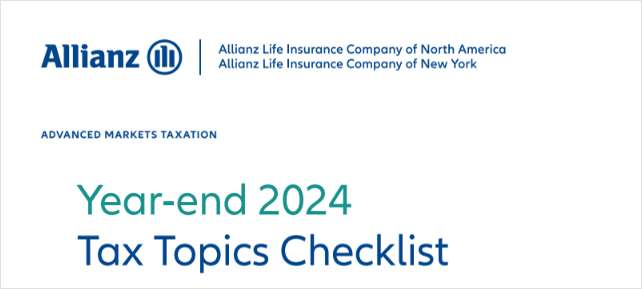(Bloomberg Politics) — A day after a tweet about high drug costs from Hillary Clinton sent pharmaceutical and biotechnology stocks plummeting, the Democratic presidential candidate said that if elected, she'd implement programs to force the industry to concede tens of billions of dollars a year in tax breaks, lower prices and increase research spending.
Clinton's proposals are a mix of programs that build on policy already in the Patient Protection and Affordable Care Act (PPACA), including caps on out-of-pocket spending. Other programs, like having the government negotiate prices directly with pharmaceutical companies, have been long-advocated by many Democrats.
"It is time to deal with skyrocketing out-of-pocket costs and runaway prescription drug prices," Clinton said Monday during a campaign rally at Philander Smith College in Little Rock, Ark. Nobody in America "should have to choose between buying the medicine they need and paying their rent."
One proposal would limit how much patients could have to spend out of pocket for drugs to $250 a month, or $3,000 a year. It's an idea that builds on policy in PPACA limiting total out-of-pocket medical spending to $6,600 a year for an individual, and $13,200 for a family. The idea could squeeze health insurers, as well, which provide drug coverage for patients and typically cover a portion of the costs.
Another item would make drugmakers spend a minimum amount on research and development, just as PPACA forces insurers to spend a minimum percentage of their revenue on medical care. Clinton would also bar pharmaceutical companies from deducting drug ad spending as a business expense, for tax purposes, which she said in a statement announcing the policies would save the government "billions of dollars over the next decade."
The R&D proposal seems to directly target companies like Valeant Pharmaceuticals Internationals Inc., which has grown to a $78 billion market valuation through a series of deals rather than developing products internally. Last year, it spent $246 million on R&D, far less than companies of similar size, according to data compiled by Bloomberg. Valeant shares fell as much as 8.8 percent after Clinton's tweet on Monday.
Clinton criticized Turing Pharmaceuticals AG, which bought a drug in August and soon after raised its price 50-fold. "Price gouging like this in the specialty drug market is outrageous," Clinton said.



